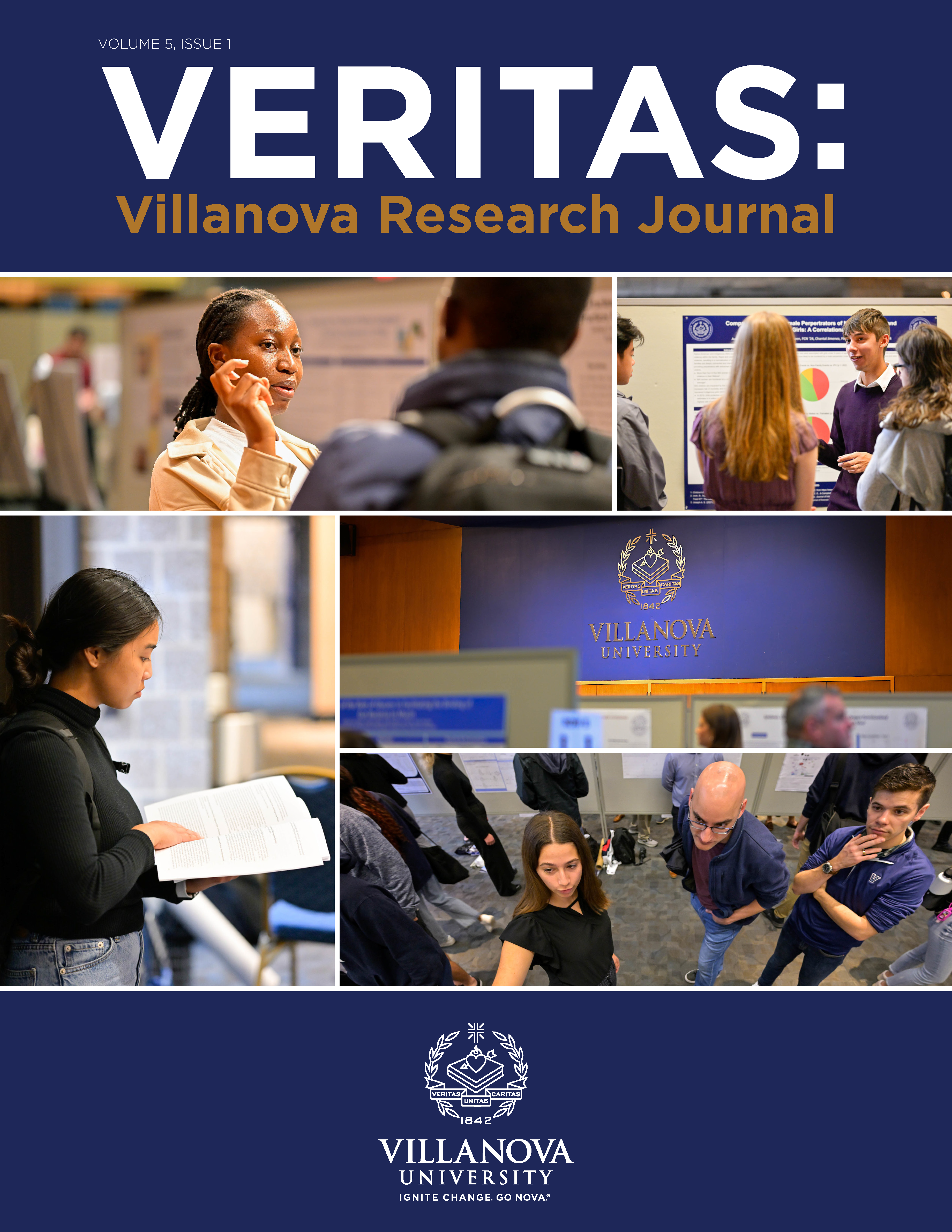Towards A Lasting America A Reexamination of the Rights Narrative of America's Constitutional Framework
Main Article Content
Abstract
To be an American is to be a bearer of rights. These rights are enshrined in the American creed of the Declaration
of Independence, Constitution, and Bill of Rights and are said to come from God and nature. With the increasing
secularization of America and the loss of traditional mediating institutions, the identity of Americans as “bearers
of rights” is thought of as the last unifying identity. Moreover, in public discourse, new “de-facto” rights such as the
right of individuals to be free from offense increasingly hold similar authority to those enshrined in the American
creed. The fluctuation of America’s natural rights doctrine raises the questions of whether or not rights-language
and America’s rights-doctrine is an adequate guide for human beings in political community and whether or not “thehuman-
person-as-bearer-of-rights” reflects a sufficient understanding of anthropology. This paper explores these two
questions and concludes that America’s natural rights doctrine as it stands is not a sufficient guide to political activity
nor is it reflective of authentic human anthropology. After an examination into the history of natural rights and into
the interpretations of modern thinkers, this paper concludes that America’s natural rights doctrine must be realigned
to the Scholastic tradition of natural rights and accompanied by a renewed attention to the New England and Puritan
township that de Tocqueville keenly observed.
Article Details
References
Tocqueville, A. (1835). The Project Gutenberg ebook of
Democracy in America, translated by Henry Reeve, London:
Saunders and Otley, uploaded to gutenburg.org.
National Archives and Records Administration. (n.d.).
Declaration of independence: A transcription. National Archives
and Records Administration. thttps://www.archives.gov/
founding-docs/declaration-transcript
Keepman, P. (2022). “2022 McCullen Center Summer Fellow
Research Proposal.” (n.p.).
Strauss, L. (1953). Natural Right and History. Chicago: The
University of Chicago Press.
Pecknold, C. (2022). “Out of the Feverish City: Part One” in
Postliberal Order. https://postliberalorder.substack.com/out-ofthe-
feverish-city-part-one.
Augustine, Bettenson, H., & Evans, G. R. (2005). Concerning the
City of God against the pagans (New ed.] / translated by Henry
Bettenson /with a new introduction by G.R. Evans. ed., Penguin
classics). London: Penguin.
Waldstein, E. (2022). Lecture on Rights in The Josias Podcast.
The Josias. https://thejosias.com/2022/02/16/the-josiaspodcast-
special-episode-lecture-on-rights/
Aquinas, T. (2017). The Summa Theologiæ of St. Thomas
Aquinas: ST 1a-1ae, Q.90, A.1, co. New Advent.org
Locke, J. (2021). The Project Gutenberg eBook of Second Treatise
of Government, by John Locke. Edited by Dave Gowan and Chuck
Greif. https://www.gutenberg.org/.
Murray, J.C. (1960). We Hold These Truths: Catholic Reflections
on the American Proposition. London: Sheed and Ward.
Maritain, J. (1944). Christianity and Democracy. New York:
Charles Scribner’s Sons.
Maritain, J. (1951). Man and the State. Chicago: The University of
Chicago Press.
Maritain, J. (1948). The Person and the Common Good. London:
Geoffrey Bles.
Maritain, J. (1945). The Rights of Man. London: Geoffrey Bless,
The Centenary Press.
Miller, P. (1956). Errand Into the Wilderness. Cambridge, Mass.:
The Belknap Press of Harvard University Press.
Manent, P., Hancock, R. C., & Mahoney, D. J. (2020). Natural Law
and Human Rights (1st ed., Catholic Ideas for a Secular World).
Notre Dame: University of Notre Dame Press.
Weil, S. (2005). “Human Personality” in Simone Weil: An
Anthology. London: Penguin.
Goris, W., Aertsen, J. (2019). “Medieval Theories of
Transcendentals” in The Stanford Encyclopedia of Philosophy
(Fall 2019 Edition), https://plato.stanford.edu/archives/fall2019/
entries/transcendentals-medieval/.
Connelly, T. (n.d.). “Plato: Phaedo” in Internet Encyclopedia of
Philosophy. https://iep.utm.edu/phaedo
Deneen, P. (2018). Why liberalism failed (Ebook central). New
Haven, [Connecticut]; London, [England].
Cambridge University Press & Assessment. (n.d.). Subsidiarity.
Cambridge Dictionary. https://dictionary.cambridge.org/
dictionary/english/subsidiarity

